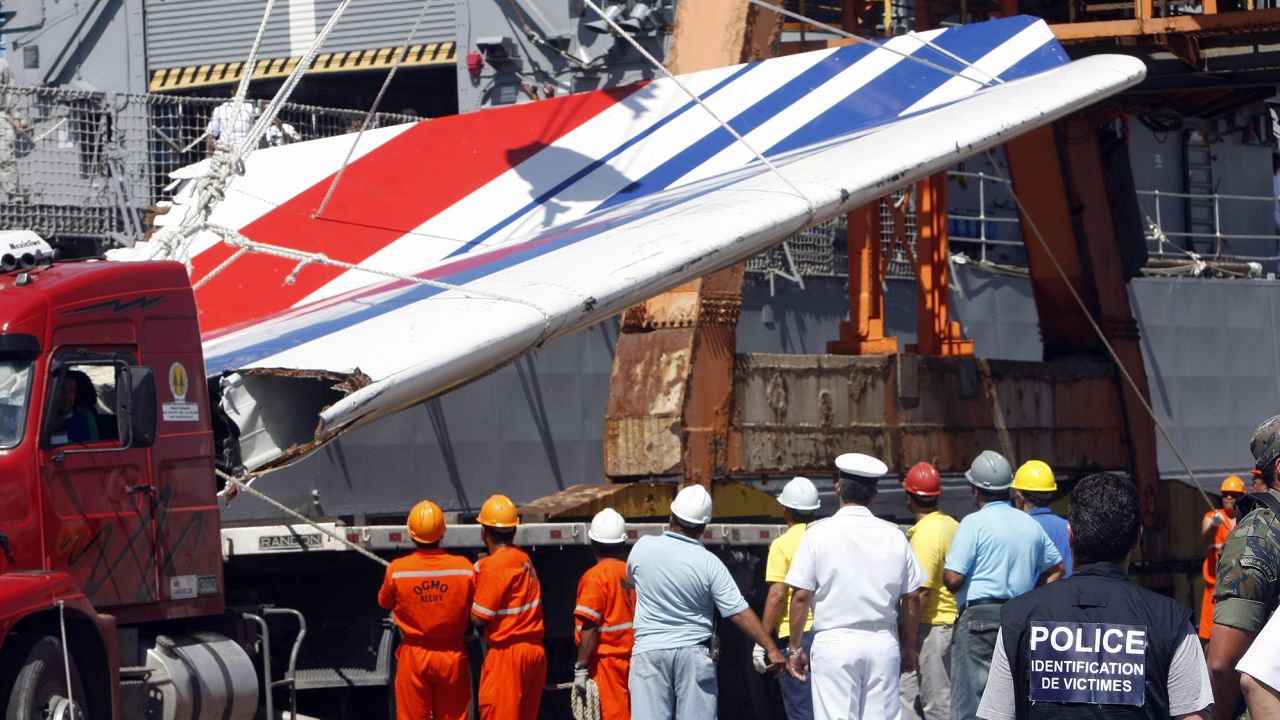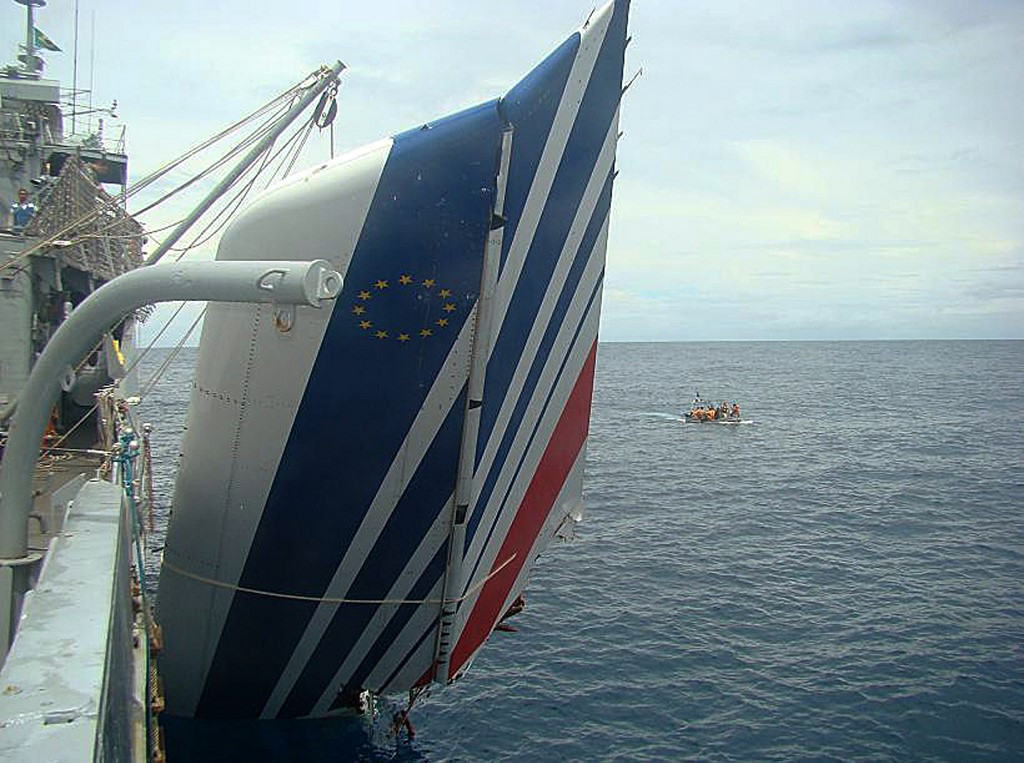


European Plane maker Airbus and French flag carrier Air France went on trial in October to determine their responsibility for the worst aviation disaster in Air France's history , which left all the occupants on board flight AF447 dead.
Prosecutors had charged them for their role in the 2009 crash of an Airbus A330 aircraft operating Rio de Janeiro-Paris flight that plunged into the Atlantic Ocean, killing all 228 people on board.
But , in a new development , the French prosecutors are of opinion on 7th December 22 that they would not seek convictions for Air France and Airbus over the crash of the flight , as they were unable to prove the companies were guilty of involuntary manslaughter.

In May 2021 , the court had followed the general prosecutor's recommendation, overturning an earlier court decision to drop the case against Air France and Airbus.
Air France Flight 447 (AF447) was a scheduled international passenger flight from Rio de Janeiro, Brazil, to Paris, France. On 1 June 2009, the Airbus A330 stalled and then failed to recover, eventually crashing it into the Atlantic Ocean at 02:14 UTC, killing all 228 passengers and crew on board.
The BEA's final report revealed that the aircraft suffered temporary inconsistencies between the airspeed measurements, likely resulting from ice crystals obstructing the aircraft's pitot tubes, which caused the autopilot to disconnect , after which the crew reacted incorrectly and ultimately caused the aircraft to enter an aerodynamic stall , from which it did not recover.
It took two years to find the wreckage of the Airbus A330 jet, which was eventually located by remote-controlled submarines at a depth of 3,900 metres (13,000 feet).
Technical experts and Representatives from Air France and Airbus had highlighted how the pilots put the aircraft into a climb after the instrument failure , causing the engines to stall, that could not recover.
At that time , Lawyers for victims' families brought it to court's notice , how both companies were aware of the Pitot tube problem before the crash , and that the pilots were not trained to deal with a high-altitude emergency of the nature, similar to the accident.

The charges against Airbus was its failure to correct or address the known problem with the pitot tubes , while Air France was accused of failing to train pilots on how to respond to the kind of situation the crew faced.
Finally, Investigators determined the crash was caused by errors by pilots, who were disorientated by faulty speed monitoring equipment.
In a later development , the general prosecutor's office call for a manslaughter trial against both Air France and Airbus went beyond the Paris prosecutor's initial demand that only Air France face manslaughter charges.
For now , though French prosecutors have less hope , if convicted , both the companies would face a fine of 225,000 euros each , or about $218,300, which may be a insignificant amount , but a guilty verdict against them would definitely hurt the reputation of both aviation giants. It is to be noted that the Families of the victims have already received financial compensation.
The aircraft involved in the accident was a 4-year-old Airbus A330-203 , with manufacturer serial number (MSN) 660 , registered in France as F-GZCP. Its first flight was on 25 February 2005, and it was delivered 2 months later to the airline on 18 April 2005.
